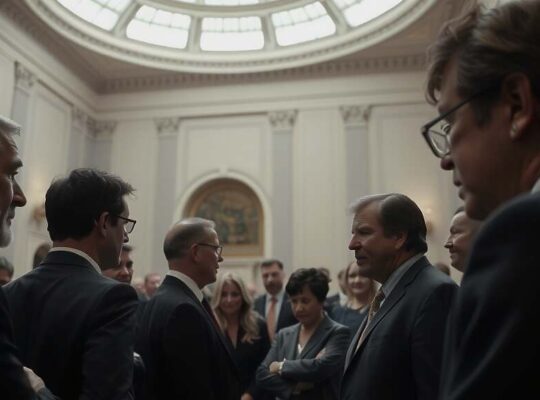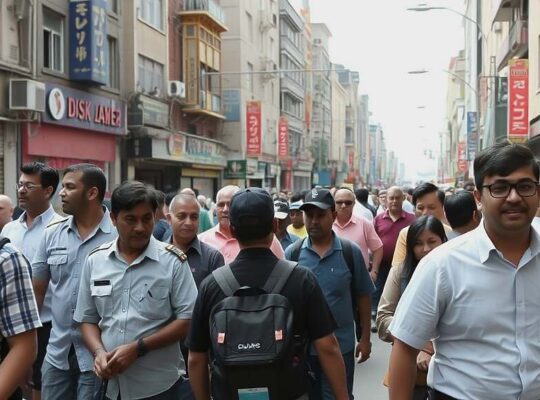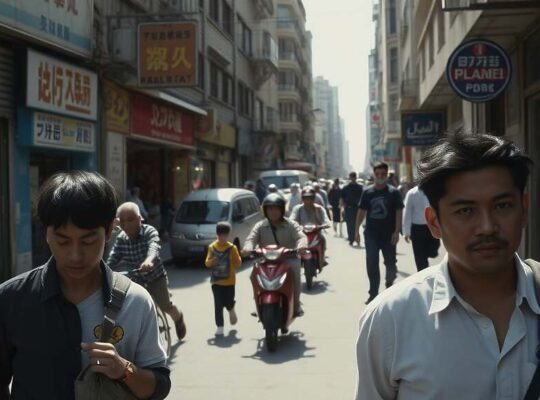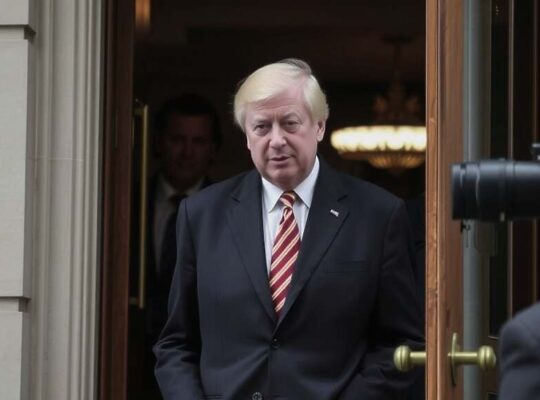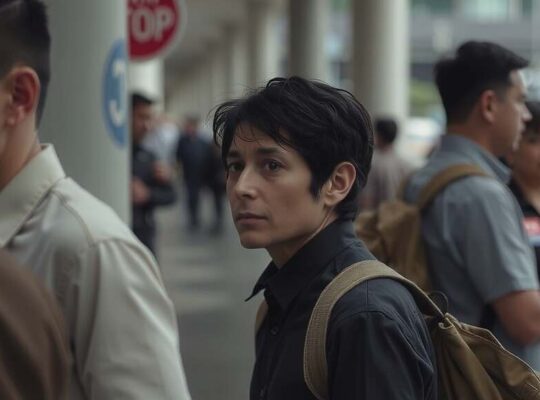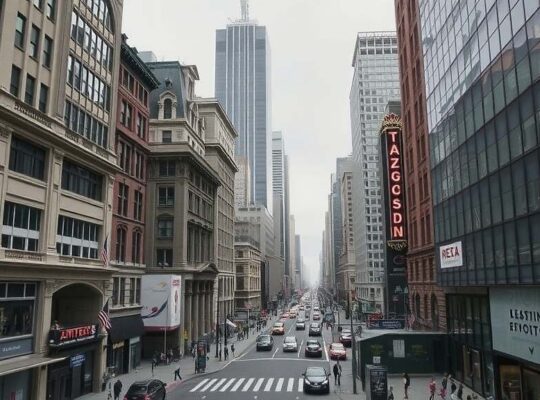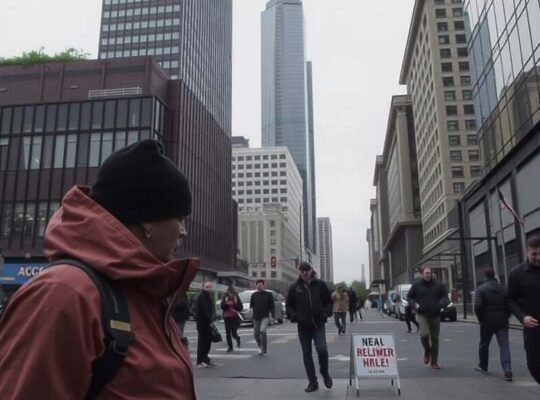The former French President Nicolas Sarkozy commenced a five-year prison sentence on Tuesday, marking a watershed moment in French legal and political history. Escorted by a significant police presence, Sarkozy was transported to the La Santé prison in Paris, a facility known for its security protocols and housing of high-profile inmates.
The scene outside his residence, as he departed hand-in-hand with his wife, Carla Bruni-Sarkozy, was charged with a mixture of support and symbolic display. Despite the gravity of the situation, a group of loyalists gathered to offer encouragement, highlighting the persistent pockets of political backing the controversial figure continues to command.
Sarkozy’s placement within the prison complex is expected to be in a segregated wing, a measure dictated by security concerns and standard procedure for individuals of his stature. These specialized units offer restricted movement and solitary confinement, underscoring the sensitivity surrounding his incarceration.
The conviction stems from the so-called Libyan affairs case, where a Parisian court found Sarkozy guilty of orchestrating an illegal scheme to secure intelligence regarding his 2012 presidential campaign, utilizing funds allegedly funneled from Libya. Critically, the court’s decision to mandate immediate imprisonment, bypassing the pending appeal process, has drawn criticism from some legal observers, who argue it undermines notions of due process and judicial independence.
The decision to incarcerate the former head of state directly underscores the increasingly stringent application of anti-corruption laws in France. While proponents argue this demonstrates a commitment to transparency and accountability, detractors point to potential political motivations, suggesting a calculated move to neutralize a persistent force within the French political landscape.
Sarkozy himself maintains his innocence, vehemently proclaiming himself a victim of a politically driven prosecution. His message, disseminated via X/Twitter moments before his incarceration, insisted on his eventual vindication, referencing a future triumph of “truth”. The situation raises profound questions about the integrity of the French judicial system and the potential for political influence within its operations, ensuring the case will remain a subject of intense scrutiny and debate.





